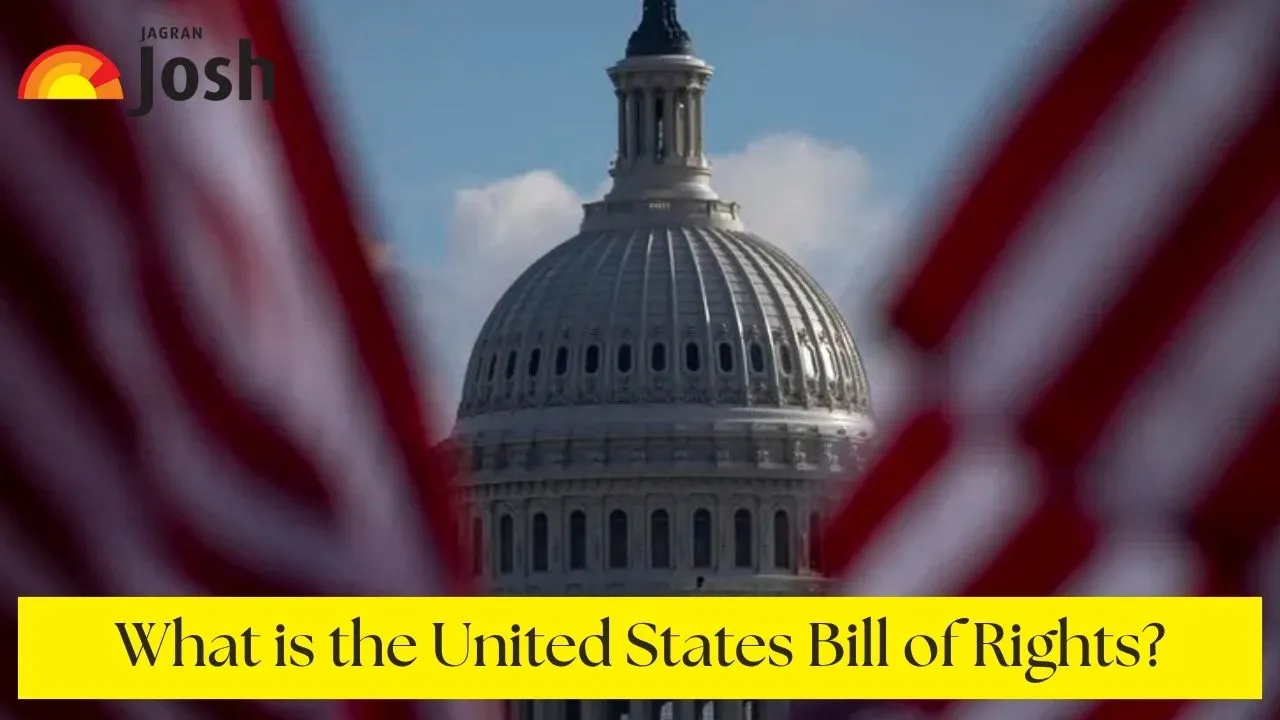The United States Bill of Rights is a very essential part of the U.S. Constitution, and it is seen as a pillar of American liberty. It comprises all the first 10 amendments to the U.S. Constitution. Long ago, in the heated discussions for the ratification of the Constitution in 1787–1788, the Anti-Federalists brought up important issues that were addressed in the Declaration of Rights. They feared that the powerful federal government might defy all individual freedoms. Therefore, there was an insistence on explicit protections.
Check Out:5 Important Facts about the American Revolution History
Why was the Bill of Rights Added?
The primary purpose of the Bill of Rights was to guarantee specific civil rights, liberties to individuals and to explicitly limit the power of the federal government. Many states had their declarations of rights, but Anti-Federalists argued that a national document was necessary to safeguard citizens from potential federal overreach. After first opposing it, James Madison became its leading supporter and eventually wrote the amendments that guaranteed the Constitution's passage. It basically acts as a strong "fire bell for the people," warning them when their basic liberties may be in danger.
Who Wrote the Bill of Rights?
James Madison is widely credited as the primary author of the Bill of Rights. He meticulously reviewed numerous state proposals and drafted a list of amendments, which he introduced to Congress in 1789. After debate and revisions in both the House and Senate, the final twelve proposed amendments were sent to the states for ratification.
How Many Amendments are in the Bill of Rights?
The Bill of Rights consists of ten amendments. Although Congress originally proposed 12 amendments in September 1789. However, only ten were ratified by the required three-fourths of the states by December 15, 1791. This date marks the official ratification of the Bill of Rights.
What Does the Bill of Rights Say?
Each of the ten amendments addresses a specific set of rights, setting clear boundaries for government action:
| Amendment | Core Right(s) Protected | Key Aspects |
| 1st | Freedoms of Religion, Speech, Press, Assembly, and Petition | Prevents the government from establishing religion or restricting these fundamental expressions. |
| 2nd | Right to Keep and Bear Arms | Protects the right of the people to possess firearms. |
| 3rd | No Quartering of Soldiers | Prohibits soldiers from being housed in private homes without the owner's consent, especially in peacetime. |
| 4th | Protection Against Unreasonable Searches and Seizures | Requires probable cause and warrants for searches and arrests. |
| 5th | Due Process, Self-Incrimination, Double Jeopardy, Eminent Domain | Guarantees fair legal procedures, protection from testifying against oneself, and fair compensation for property. |
| 6th | Rights in Criminal Prosecutions (Speedy Trial, Counsel, Jury) | Ensures a speedy and public trial, an impartial jury, the right to confront witnesses, and the right to an attorney. |
| 7th | Right to Jury Trial in Civil Cases | Preserves the right to a jury trial in certain civil disputes. |
| 8th | Protection Against Excessive Bail & Cruel/Unusual Punishment | Prohibits overly harsh bail or fines, and forbids cruel or unusual punishments. |
| 9th | Non-Enumerated Rights Retained by the People | Clarifies that listing specific rights doesn't deny other rights held by individuals. |
| 10th | Powers Reserved to States or People | States that powers not given to the federal government are reserved for the states or the populace. |
Why is the Bill of Rights Important?
The Bill of Rights is an extremely important and crucial safeguard for individual freedoms against potential government overreach. It also serves as a "cornerstone of democracy" in the United States. Beyond domestic impact, the Bill of Rights in the U.S. has also had a significant influence on human rights declarations worldwide. Therefore, it stands as a testament to the idea that fundamental freedoms deserve legal protection.
Its principles have been invoked in countless court cases, shaping civil liberties and informing the ongoing national conversation about rights. It remains highly relevant in modern society, continually defining the relationship between citizens and their government.
